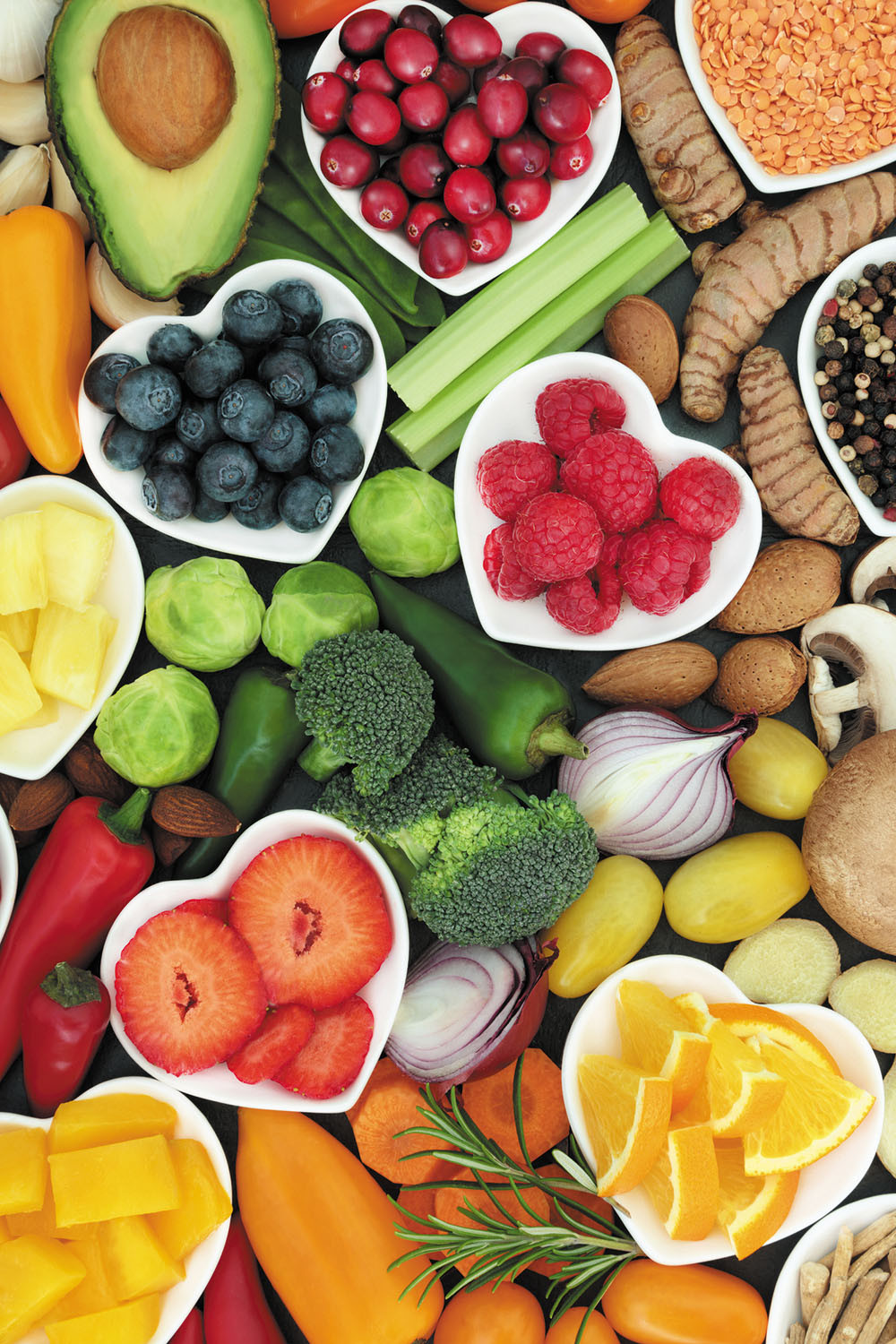Natural Ways to Lower Cholesterol Levels
Cholesterol is a waxy, fat-like substance that plays a vital role in the body’s cellular function Fitnesstips.us and hormone production. However, when cholesterol levels—particularly low-density lipoprotein (LDL), often called “bad” cholesterol—become too high, they can contribute to the buildup of plaque in the arteries. This condition, known as atherosclerosis, increases the risk of heart disease, stroke, and other cardiovascular issues. While medication is sometimes necessary to control high cholesterol, many people can successfully manage and reduce their levels through natural lifestyle changes. Focusing on diet, movement, stress reduction, and other holistic approaches can yield significant improvements without relying solely on pharmaceuticals.
Table of Contents
Understanding the Basics of Cholesterol
Cholesterol is carried through the bloodstream by lipoproteins. There are two main types: low-density lipoprotein (LDL), which deposits cholesterol in the arteries, and high-density lipoprotein (HDL), which removes it from the bloodstream and transports it back to the liver for elimination. Maintaining a healthy balance between LDL and HDL is crucial for heart health. High triglyceride levels, another type of fat in the blood, can also contribute to cardiovascular risk and are often linked with elevated LDL cholesterol and low HDL.
Many factors influence cholesterol levels, including genetics, diet, weight, activity levels, and other lifestyle habits. Although some people are genetically predisposed to high cholesterol, natural interventions can still have a powerful effect on the body’s lipid profile and overall cardiovascular health.
Choosing Heart-Healthy Foods
One of the most effective ways to lower cholesterol naturally is by improving your diet. Foods high in saturated fats, trans fats, and refined sugars tend to increase LDL levels and promote inflammation in the arteries. These include red meats, full-fat dairy, processed snacks, and fast food. Replacing these with healthier options supports the body’s natural ability to balance cholesterol levels.
Plant-based foods are especially helpful because they contain no dietary cholesterol and are rich in fiber, antioxidants, and healthy fats. Soluble fiber, found in foods like oats, beans, lentils, apples, and flaxseeds, binds to cholesterol in the digestive system and helps eliminate it from the body before it can be absorbed into the bloodstream. Phytosterols, plant compounds found in nuts, seeds, and whole grains, also block the absorption of dietary cholesterol.
Unsaturated fats, such as those found in avocados, olive oil, and fatty fish like salmon, help raise HDL while lowering LDL. Incorporating more of these foods into the diet not only supports heart health but also reduces inflammation and promotes overall wellness.
Reducing Sugar and Refined Carbohydrates
Many people associate cholesterol problems only with fat intake, but sugar and refined carbohydrates also play a significant role. Consuming large amounts of added sugar, white bread, pastries, and sweetened beverages leads to insulin resistance and increased triglyceride levels, which further raise cardiovascular risk.
Lowering sugar intake and choosing complex carbohydrates such as brown rice, quinoa, whole oats, and vegetables can help stabilize blood sugar levels and reduce harmful lipid accumulation in the blood. Making these changes consistently can result in noticeable improvements in both cholesterol levels and energy balance.
Incorporating Regular Physical Activity
Physical activity is another natural and effective tool for lowering cholesterol. Aerobic exercises such as walking, swimming, cycling, or dancing stimulate circulation and increase the body’s ability to metabolize fats. Regular movement helps raise HDL levels, reduce LDL, and improve the overall efficiency of the cardiovascular system.
Even moderate exercise done consistently—such as 30 minutes of brisk walking five times a week—can make a meaningful difference. Physical activity also supports weight loss, which is especially important for those with high triglycerides or metabolic syndrome, both of which are associated with elevated cholesterol.
Supporting Liver Function for Cholesterol Regulation
The liver is the primary organ responsible for producing and clearing cholesterol. Supporting liver function through diet and lifestyle can enhance the body’s ability to regulate cholesterol naturally. Foods that assist liver detoxification include leafy greens, beets, garlic, and cruciferous vegetables like broccoli and Brussels sprouts. These foods help activate enzymes in the liver that flush out toxins and excess cholesterol.
Staying hydrated and avoiding excessive alcohol consumption also protects the liver and allows it to function more effectively. Regular sleep, reduced exposure to toxins, and stress management further support the liver’s role in maintaining a healthy lipid profile.
Managing Stress and Mental Well-being
Chronic stress affects cholesterol indirectly by encouraging unhealthy habits such as emotional eating, physical inactivity, and poor sleep. It also causes hormonal shifts that may increase blood pressure, raise inflammation, and influence how the body stores and processes fat.
Incorporating daily stress-reduction techniques such as deep breathing, meditation, journaling, or spending time in nature helps balance cortisol levels and supports heart health. Mind-body practices like yoga or tai chi can improve both emotional and physical resilience, making them ideal for individuals looking to make sustainable lifestyle changes.
The Role of Natural Supplements
Certain natural supplements have been shown to support healthy cholesterol levels, particularly when paired with lifestyle improvements. These include red yeast rice, which contains natural statin-like compounds, and plant sterols, which reduce cholesterol absorption. Omega-3 fatty acids from fish oil or algae supplements can help lower triglycerides and reduce inflammation.
However, supplements should be used with caution and ideally under the guidance of a healthcare provider, especially if you are already taking medication or have underlying health conditions. While natural supplements can be beneficial, they are not a replacement for foundational changes in diet and lifestyle.
Avoiding Smoking and Limiting Alcohol
Smoking damages blood vessels and accelerates the buildup of plaque in the arteries, leading to higher cholesterol-related risk. Quitting smoking improves HDL cholesterol and supports overall heart and lung function. Similarly, excessive alcohol consumption can raise triglyceride levels and burden the liver, making it harder to manage cholesterol. Limiting or avoiding alcohol helps the body focus on repair and balance.

